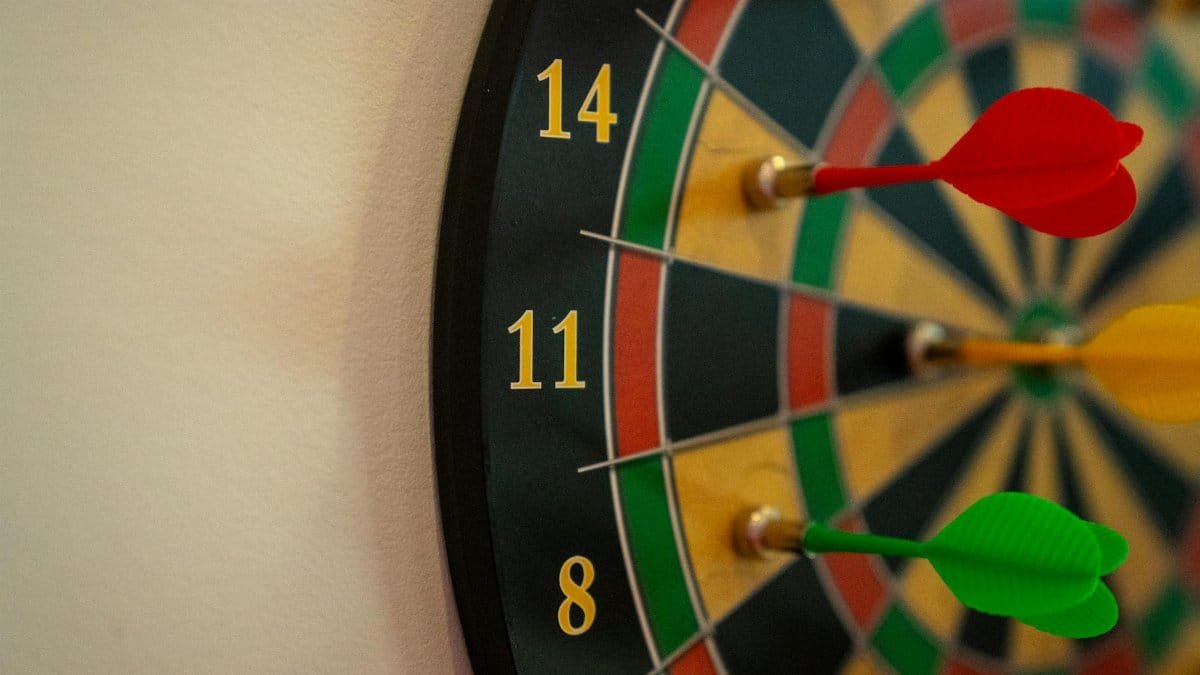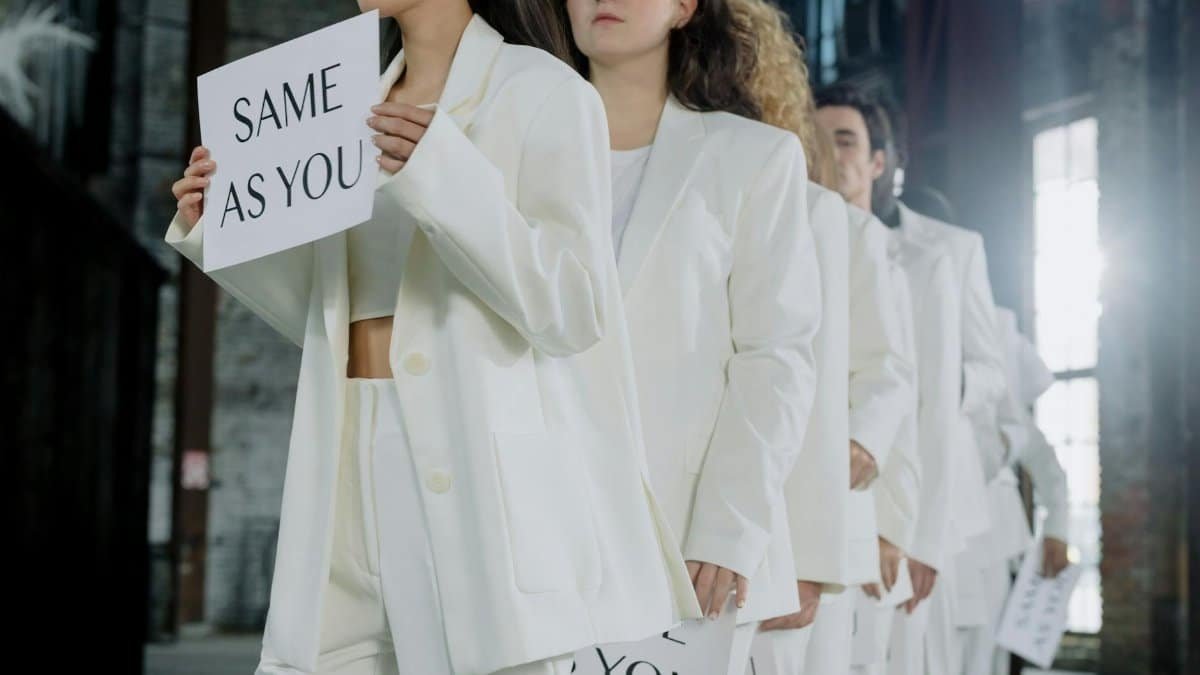A recent study from the National Institutes of Health showed that nearly 40% of American adults now report using some form of complementary therapy to manage stress, up from just 28% a decade ago. This surge highlights a growing interest in approaches that tap into the mind’s deeper layers. Enter hypnotherapy, a powerful tool for healing through subconscious therapy that guides individuals into a relaxed state to address underlying issues. In places like Charlotte, where urban hustle meets Southern charm, more people are turning to it for balance amid daily pressures. As we step into 2025, with mental health conversations evolving, recognizing the signs that hypnotherapy might benefit you could be a game-changer. It’s not about magic; it’s about accessing that inner reservoir for real change.
1. Persistent Stress That Won’t Budge

Stress clings like a shadow in modern life, refusing to fade even after vacations or workouts. If you find your shoulders perpetually tense, your mind racing through to-do lists at midnight, hypnotherapy might offer relief. This form of healing through subconscious therapy works by reprogramming automatic responses, turning chronic worry into calm. Consider Sarah, a Charlotte accountant who described her sessions as “unwinding a knotted rope.” She started after months of burnout, and within weeks, noticed her reactivity easing. Research from the American Psychological Association supports this, showing hypnosis reduces cortisol levels effectively. It’s about guiding the subconscious to release what the conscious mind can’t shake alone. Vary your routine, sure, but when that fails, deeper work calls.
Imagine sitting in a quiet room, the therapist’s voice a steady anchor. Sessions often reveal hidden triggers, like buried work frustrations manifesting as physical tension. One anonymous account from online forums captured it: feeling “lighter, like shedding an invisible weight.” In 2025, with remote work blurring boundaries, such signs scream for attention. Don’t ignore them; explore how hypnotherapy reframes stress as manageable.
2. Recurring Anxiety Patterns

Anxiety doesn’t always announce itself with fanfare. Sometimes it’s a quiet hum, building until social gatherings feel like minefields. If you notice patterns—heart pounding before meetings or endless what-ifs derailing your day—consider hypnotherapy. This therapy dives into the subconscious, reshaping those fear loops into confidence. A study published in the Journal of Abnormal Psychology found hypnosis significantly lowers anxiety symptoms, often more sustainably than talk therapy alone.
Take a moment from a group session in Charlotte: participants shared stories of breakthroughs, one recalling how visualizing calm scenarios dissolved panic. It’s not erasure but empowerment. As life accelerates in 2025, these patterns can intensify. Hypnotherapy offers a bridge, turning inner turmoil into steady ground. Reflect on your triggers; if they persist despite efforts, this could be your cue.
3. Struggles with Bad Habits

Habits die hard, whether it’s nail-biting or late-night snacking. If you’ve tried apps, willpower, and everything in between, yet the cycle repeats, hypnotherapy targets the root. By accessing the subconscious, it plants suggestions for change, making new behaviors feel natural. Evidence from the Mayo Clinic highlights its success in smoking cessation, with quit rates doubling in some cases.
Picture a middle-aged dad in Charlotte, frustrated with his coffee addiction. Through sessions, he uncovered emotional ties to the ritual, replacing them with healthier outlets. The process feels collaborative, not forced. In our fast-paced era, habits often mask deeper needs. If yours resist surface fixes, delving into healing through subconscious therapy might finally break the chain.
4. Chronic Pain Without Clear Cause

Pain that lingers, defying scans and meds, points to mind-body connections. If discomfort shadows your steps, hypnotherapy can alter pain perception at the subconscious level. It’s not denying the ache but reframing it, often leading to real reduction. A report from NIH research demonstrates its efficacy for conditions like fibromyalgia, where participants reported 30% less pain post-treatment.
One woman’s story stands out: after years of back issues tied to stress, hypnotherapy sessions helped her visualize relief, easing the grip. It’s a gentle nudge toward harmony. As healthcare evolves in 2025, integrating such therapies gains traction. Listen to your body; if pain persists mysteriously, this approach could unlock ease.
5. Sleep Disturbances Night After Night

Nights stretch endlessly when sleep evades you, thoughts churning like a restless sea. If insomnia or fitful rest plagues you despite routines, hypnotherapy promotes deeper relaxation. It trains the subconscious for restful patterns, often improving sleep quality swiftly. Findings from the Sleep Foundation note hypnosis aids in falling asleep faster and staying asleep longer.
Envision a Charlotte teacher who turned to it after exhaustion from poor sleep. “It was like flipping a switch,” she said, her sessions fostering calm bedtime rituals. In a world of screens and stimuli, sleep suffers. If yours does too, consider this subconscious ally for restorative nights.
6. Emotional Blocks in Relationships

Relationships falter when unspoken fears block connection. If you sense walls in your interactions—hesitation to open up or repeating arguments—hypnotherapy uncovers those subconscious barriers. It fosters vulnerability, healing old wounds that sabotage bonds. A study in the International Journal of Clinical and Experimental Hypnosis links it to improved emotional regulation in couples.
Think of partners in a session, one admitting buried resentments melting away. It’s transformative, not instant. With 2025 bringing new relational dynamics post-pandemic, addressing these signs matters. If emotions feel stuck, hypnotherapy might pave the way to deeper ties.
7. Performance Anxiety in Work or Sports

That knot in your stomach before a presentation or game? If it hinders your potential, hypnotherapy builds mental resilience. By embedding positive affirmations subconsciously, it turns dread into focus. Athletes and executives alike benefit, as per APA insights on performance enhancement.
A local Charlotte entrepreneur shared how sessions quelled his pitch nerves, leading to breakthroughs. It’s about harnessing inner strength. As careers demand more in 2025, don’t let anxiety sideline you. This therapy could be the edge you need.
8. Unresolved Grief or Loss

Grief lingers, coloring days long after loss. If waves of sadness persist, hypnotherapy gently processes these emotions subconsciously. It doesn’t erase pain but integrates it, fostering acceptance. Research from bereavement studies, like those at NCBI, shows hypnosis aids in grief resolution.
Recall a widower finding solace through guided imagery, memories shifting from ache to warmth. In times of collective loss, like recent years, this sign resonates. If grief weighs heavy, explore healing through subconscious therapy for closure.
9. Weight Management Challenges

Diets come and go, but if emotional eating undermines efforts, hypnotherapy addresses subconscious drivers. It reprograms attitudes toward food, promoting mindful choices. A meta-analysis in the Journal of Obesity indicates better long-term results with hypnosis.
One Charlotte resident described sessions revealing stress-eating roots, leading to sustainable habits. It’s empowering, not restrictive. With wellness trends surging in 2025, this could transform your approach.
10. Phobias Limiting Daily Life

Phobias shrink worlds, from fear of flying to crowds. If they dictate your choices, hypnotherapy desensitizes these fears subconsciously. Quick results often follow, as evidenced by American Psychiatric Association endorsements.
Imagine conquering a driving phobia, roads opening up again. It’s liberating. If fears confine you, this therapy offers expansion in 2025’s adventurous spirit.
11. Desire for Deeper Self-Understanding

Beyond symptoms, a yearning for insight signals readiness. If you crave clarity on motivations and dreams, hypnotherapy illuminates the subconscious. It’s a journey inward, supported by practices from institutions like Hypnosis Motivation Institute.
A seeker in Charlotte found sessions revealing hidden passions, sparking life changes. As self-care evolves in 2025, this sign invites profound growth. Embrace it for authentic healing through subconscious therapy.
